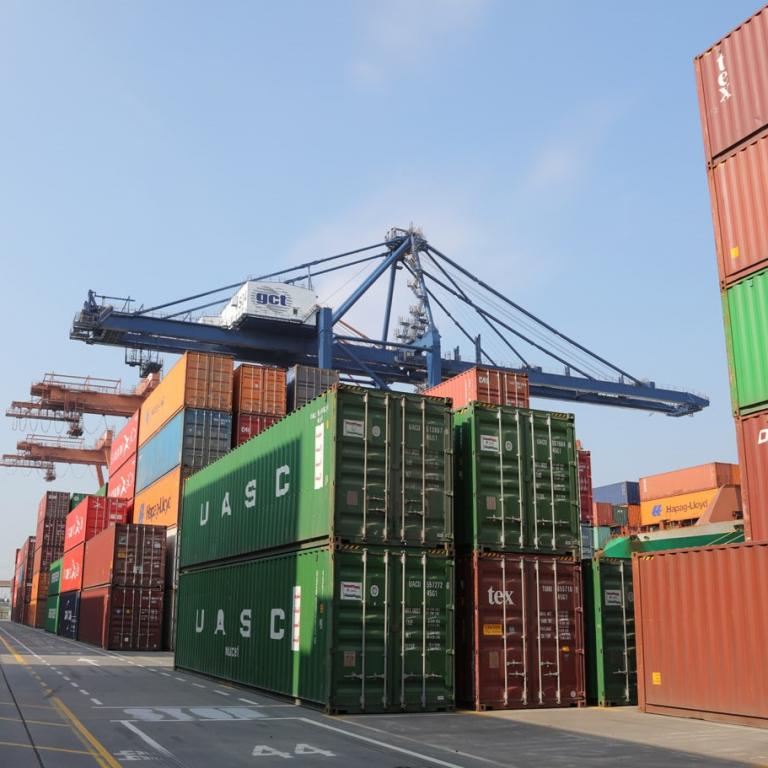
2017-09-11
Logistical dialogue
Such actions as: withdrawal of ships from exploitation, slow steaming, consolidation of shipowners or restructuring of alliances have not stopped but in fact intensified phenomena on the navigation market, unfavourable to customers of shipowners - thinks the Polish International Freight Forwarders Association (PISiL).
This is reflected in many organizations’ stance, including those representing shippers e.g. Global Shippers’ Forum (GSF) according to which (based inter alia on a report of the Organisation for Economic Cooperation and Development) the dissonance between customers’ expectations and quality of service is further deepened. Since shipowners concentrate almost exclusively on operational matters and structure of alliances whereas customers expect a new “commercial contract”, ensuring equality of entities in terms of needs and expectations both on the part of shippers and shipowners. The GSF’s stance has also been shared by the European Shippers’ Council (ESC). Also the international organisation of forwarders FIATA, and concretely the Working Group Sea Transport functioning within it, deals with the problem of relationships between forwarders and shipowners.
Because at present there is no global platform enabling discussion and exchange of views between forwarders and shipowners, and if there is a dialogue, then as a rule on the local level. The FIATA’s documents also indicate hazards and problems encountered by forwarders in daily work as e.g.: issue concerning the amount of costs of container service, container cleaning, cash deposits on account of releasing containers, state of containers assigned in particular intended for loading food products. It is the FIATA in fact that tries to build its own forum for exchange of information and find, on a global scale, planes for building a dialogue between forwarders and shipowners. Especially that apart from differences between particular countries and problems specific only to a given market, there is a whole range of problems common for the sector. This category must include, for instance, such phenomena as: attempts to eliminate forwarders in particular as regards customers possessing a considerable volume of cargos, artificial limitation of transport potential to increase freight rates, additions towards shipments booked before a date when such an addition is introduced or lawless forcing, under the threat of a refusal to load containers onto a ship, a rise of freight for already booked cargos.
Moreover, shippers are more and more concerned by the situation on the market, deteriorating standards of services provided (support) and actions taken by shipowners which display a complete departure from any rules of cooperation, good trade practices or finally decency.
One of the topics within the panel “Maritime logistics” at the Maritime Economy Forum Gdynia 2017 will be dedicated to consequence of concentration on the container market for logistics.
Article developed in cooperation with "Namiary na Morze i Handel" magazine.
phot. Tadeusz Urbaniak/ZMPG-a S.A


